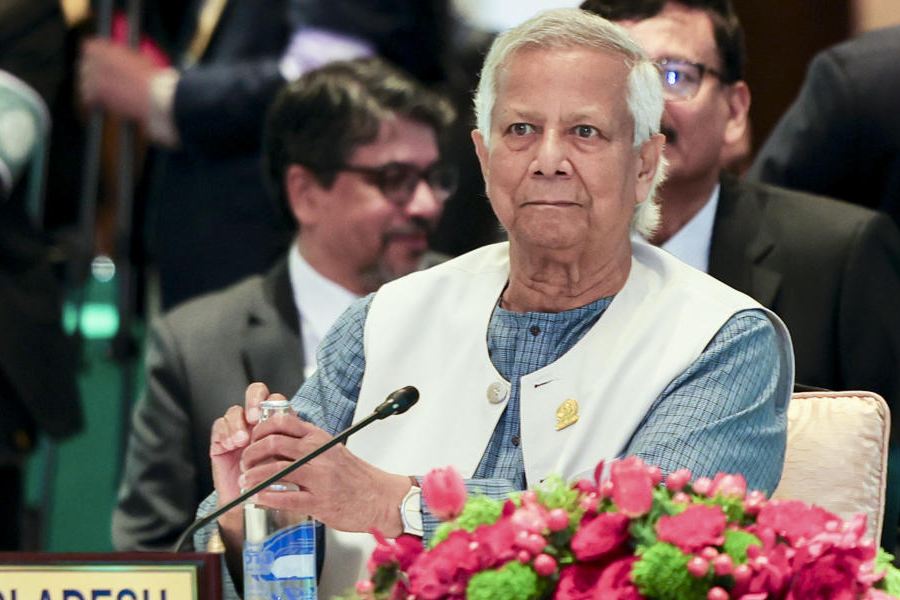Choice, in the eyes of the law, is more desirable than charity. The recent decision of the Delhi High Court to decriminalize begging in the national capital could go a long way in alleviating the problems faced by a constituency that is dependent on alms. Treating begging as a criminal offence not only infringes on an individual's right to life but also reinforces the perception of the needy or the homeless as social outcasts. However, to bring about a meaningful change in their lives, the gesture of goodwill on the part of the judiciary alone will not suffice. The government must follow up the court's decision with concrete measures to address the problems that contribute to the deprivation of beggars who, census data suggest, number around 4,00,000 in India. The police can no longer detain beggars without a warrant. This will make it more difficult for the authorities to adopt high-handed measures against the community. But care must also be taken to ensure that the decriminalization of begging does not serve as a licence for encroachment. Most cities, Calcutta is not an exception, have suffered on account of unauthorized encroachments. These transgressions are the result of hawking or begging, activities which, more often than not, benefit shadowy cartels. Interestingly, in its judgement, the court has not struck down the provisions that criminalize begging rackets. The Delhi government must maintain this crucial difference between forced beggary and begging for survival.
There are also crucial gaps in targeted welfare policies. In spite of several stern reprimands from the Supreme Court, a number of states and Union territories, Delhi features in this list, have been lethargic about building night shelters and other facilities for beggars, the homeless and the migrants. Evidently, even a judicial rap on the knuckles is not always enough for the State to care about those on the margins. This administrative blind spot - is it not a consequence of institutionalized prejudice? - has been apparent in the case of other communities at a disadvantage. The apex court's recognition of the transgender people has not led to an automatic empowerment for that community. Discrimination and the lack of resources, such as education and employment, make the assimilation of the dispossessed a challenge. It is unlikely that decriminalization of begging alone would be enough to change the lives of beggars.











